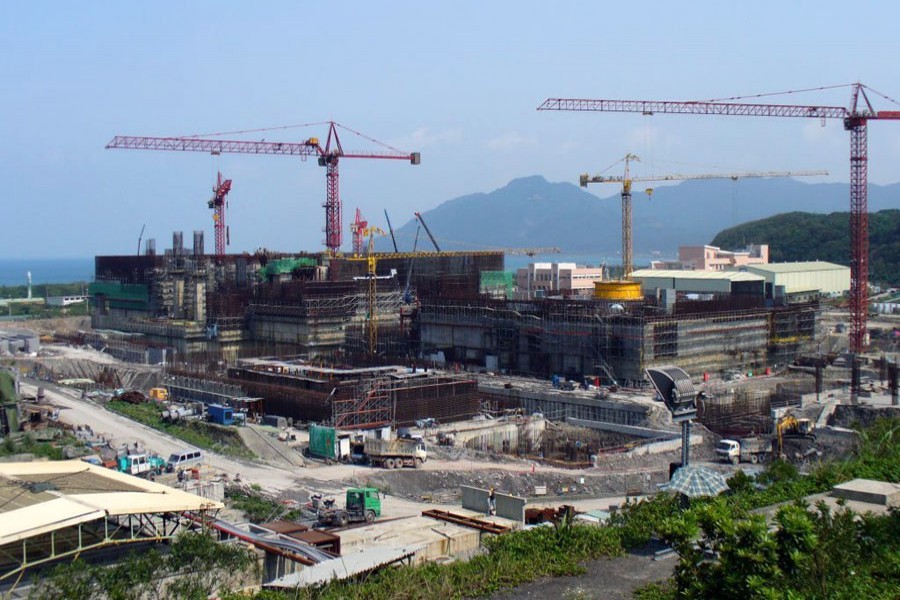Apparently for no reason, high cost of public sector development projects has emerged as a major problem in recent years.
The Planning Commission that approves projects after thorough scrutiny, in a good number of cases, finds the cost of projects estimated by the executing agencies, particularly by the Roads and Highways Department (RHD) is bloated, deliberately or otherwise.
And the people in public sector agencies have found the land price and compensation money paid to the land owners as the convenient ways to inflate the project costs and, thus, appease their avarice, if there is any, for ill-gotten money. Some field-level government officials are found extending their cooperation in such an evil practice.
A case in point is the project taken up by the RHD to upgrade a road project, named Mostafapur-Madaripur-Shariatpur-Ibrahimpur-Harina-Chandpur regional road at a cost of Tk 9.29 billion. More than 46 per cent of the cost of the project has been earmarked for land acquisition.
Most of the major infrastructure projects taken up by the government in recent years have land acquisition components which involve allocations worth billions of taka. Plundering of taxpayers' money on that account by a section of dishonest government officials and political elements is an open secret.
A section of affluent and influential people residing in localities where road projects would run through, on receiving prior information, buy land at throwaway prices and build low-cost makeshift structures overnight with an ulterior motive to reap huge financial benefits as compensation. Some unscrupulous officials of district administration and the project executing agencies concerned are found eager to extend their help to the local people in materialising such evil designs.
As soon as the work of land acquisition starts, the land owners concerned, following an understanding with the people who matter, demand higher prices for their land meant for acquisition.
This problem leads to delay in starting the projects. However, the delays do prove to be a blessing for the project officials and relevant others. The executing agencies send projects to the Planning Commission revising the cost of projects upward. After some foot-dragging, the revised project costs are finally approved.
This process has been going on and on in the case of many projects, big ones are also included.
Recently, the government has taken a prudent initiative to save both time and money in relation to development projects needing acquisition of substantial areas of land.
The government agencies concerned are now separating the land acquisition segment from the core project and start acquiring land first.
The move has removed the problem involving the early acquisition of land, no doubt, but it has given rise to a few other issues. What if the project is not approved or faces long delays in approval?
The way the cost of various government projects is estimated or revised upward or money spent on land purchase or procurements leaves lots of holes in the entire process. And those holes need to be plugged. But how? People who are officially known to be the protectors of people's interests, do need to devise means to accomplish this task.


